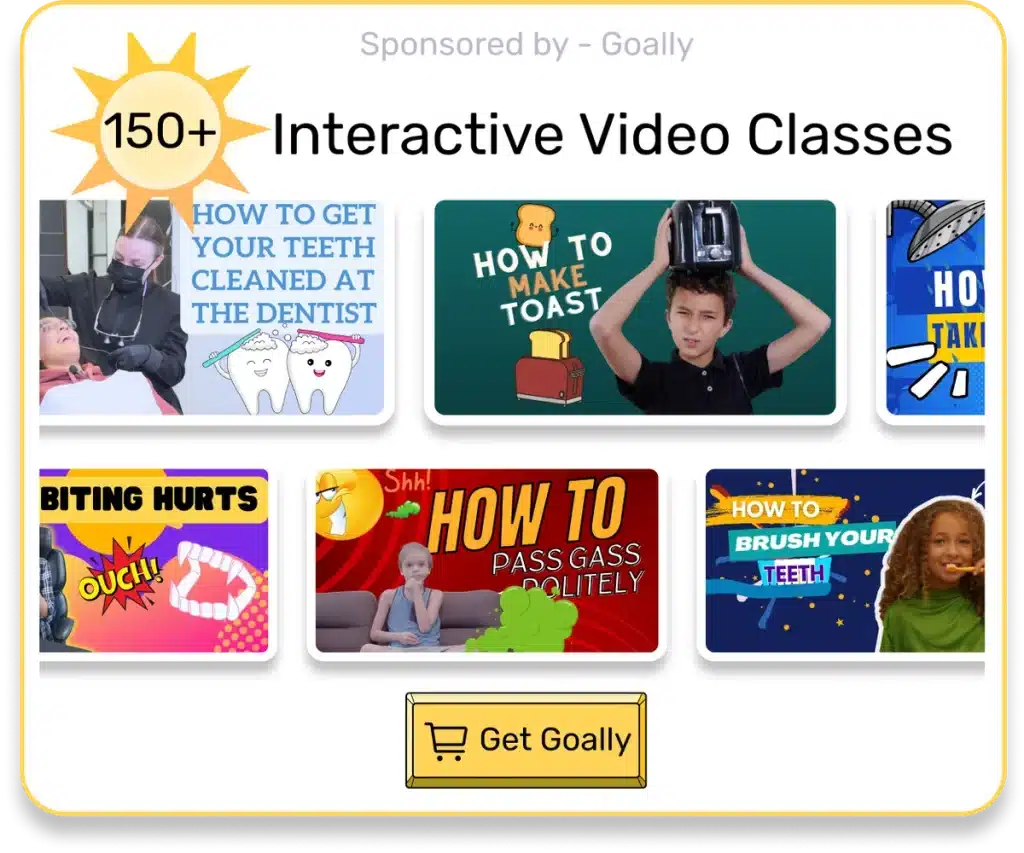I can almost hear the multitude of questions swirling in your mind, “Does my child have Einstein Syndrome?”, “What are the signs?” “Does my child need to take the Einstein Syndrome Quiz?” Queries like these show that you’re not just navigating the parenting journey but also exploring the intricacies of your child’s unique mind. This blog post contains enlightening information, scientific research, and even a quiz to help clarify whether your child might have Einstein Syndrome.
Table of Contents
Understanding Einstein Syndrome
We often hear about child prodigies who excel academically or artistically from a young age. But, have you ever heard about late bloomers who suddenly show a surge in their linguistic and cognitive abilities? Yes, I’m talking about kids with Einstein Syndrome. The term was coined by Thomas Sowell, a renowned economist and social theorist, to describe children who demonstrate late language development while simultaneously showing remarkable analytical or mathematical abilities.
These kids might be quieter during their early years, seemingly engrossed in their own world. However, they’re just like other children, harboring a universe of potentials waiting to be unraveled. Simply put, they’re not any less; they’re just different and special in their own ways.

Read more: What Does High Functioning Autism Look Like In A 5 Year Old?
Recognizing the Signs
So, how can you tell if your child has Einstein Syndrome? Let me walk you through some of the common indicators:
- Delayed speech or language skills: Kids with Einstein Syndrome often start speaking later than their peers. However, when they start, they use more complex sentences and vocabulary.
- Advanced analytical skills: You might notice your child solving puzzles beyond their age level or showing an unusual interest in figuring out how things work.
- Exceptional musical abilities: Many kids with Einstein Syndrome have a keen ear for music. They might be able to identify tunes and rhythms or even play an instrument without formal training.
- Sensitivity to certain sounds or textures: Some children may have sensory sensitivities, often mistaken for signs of autism. But these sensitivities are usually less pervasive in children with Einstein Syndrome.
- Strong Memory: They have an exceptional ability to remember details, events, and information.
Goally’s Einstein Syndrome Quiz
Still wondering, “Does my child have Einstein Syndrome?” Don’t worry; I’ve got you covered. Our Einstein syndrome quiz will help you identify if your child might have Einstein Syndrome. Remember, this quiz doesn’t replace professional advice but can provide some insights.
Supporting Your Child’s Growth
It’s crucial to remember that every child is unique and unfolds their abilities at their own pace. So, if your child is a late talker, it doesn’t necessarily mean there’s a problem. In fact, it could be a sign of Einstein Syndrome.
As a parent, the best you can do is to provide a nurturing environment that encourages your child’s growth. Here are a few strategies you might find helpful:
- Patience is Key: Remember, every child develops at their own pace. Be patient with your child’s speech development and avoid comparing them to others.
- Encourage their Interests: If your child shows a deep interest in a particular subject, encourage it. Provide resources and opportunities to explore their passion.
- Stimulation: Engage your child in activities that stimulate their cognitive and linguistic abilities. Reading them stories, singing songs, and playing word games can be beneficial.
- Communication is Crucial: Even if your child isn’t speaking yet, there are plenty of ways to communicate. Use gestures, visual aids, or even music to connect with your child.
- Seek professional help: If you’re concerned about your child’s development, don’t hesitate to seek help from a pediatrician or a child psychologist. They can provide more personalized advice based on your child’s needs.

Read more: Kids Giftedness Test

Goally | Best Videos to Teach Life Skills
Give your kid an independent future. Goally has 100+ video classes teaching life skills like “How to Choose a Restaurant,” “How to Interrupt Politely,” and “How to Get Ready for School.”
Goally takes kids on an adventure that includes interactive practice and checkpoints along the way! No web browsers, YouTube, or social media.
In Conclusion
Navigating your child’s unique development can be both challenging and rewarding. Whether your child has Einstein Syndrome or not, remember that their journey is uniquely their own. As a caregiver, your understanding, patience, and support can make all the difference. Above all, always celebrate your child’s unique abilities and achievements because that’s what truly matters.
Resources:
- Mayo Clinic’s Autism Spectrum Disorder Information: This platform offers a plethora of medical insights, including symptoms, causes, and differentiations between Autism and conditions like Einstein Syndrome.
- National Center for Biotechnology Information’s Study on Late Language Emergence: Central to understanding Einstein Syndrome is knowing about late language emergence, which this research article comprehensively provides.
- Understood’s Understanding Einstein Syndrome: This is an easily accessible resource that provides insights into identifying and nurturing a child with Einstein Syndrome.
FAQs about Einstein Syndrome Quiz
1. What is the purpose of the Einstein Syndrome Quiz? The quiz provides a preliminary guide for parents who suspect that their child may be showing signs of Einstein Syndrome, offering insight into the child's unique abilities. 2. Can the Einstein Syndrome Quiz replace a professional diagnosis? No, the quiz is intended to be a helpful tool for parents but shouldn't replace advice or diagnoses from medical professionals or therapists. 3. How reliable is the Einstein Syndrome Quiz? While it is designed strictly based on research and characteristics associated with Einstein Syndrome, the quiz should be viewed as a primary step. It aids in understanding your child's development but confirmation should always come from professionals. 4. How often should I take the Einstein Syndrome Quiz? There's no concrete guideline. However, as your child grows and manifests new behaviors, taking the quiz periodically might provide fresh insights. 5. My child received a high score on the Einstein Syndrome Quiz, what's next? A high score could indicate a likelihood of Einstein Syndrome. The next step would be to consult a developmental pediatrician or a child psychologist for a comprehensive evaluation.

Hennah is an experienced writer and researcher, helping children with autism, ADHD, and other neurodivergent conditions. As a blog contributor for Goally, she combines her deep understanding of neurodiversity with practical advice, offering valuable insights to parents and educators.





